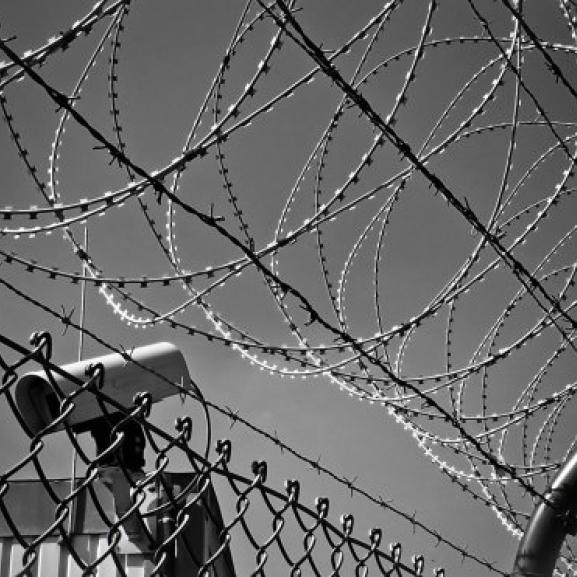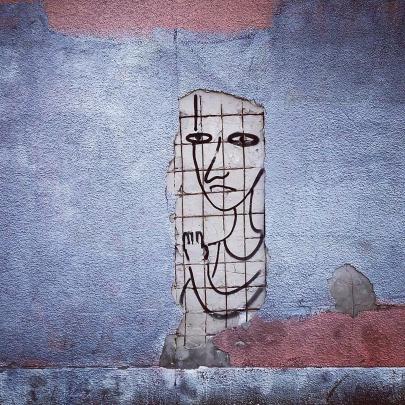Victims still fighting for justice ten years after Pinochet's landmark arrest
A decade after the historic arrest of former Chilean dictator Augusto Pinochet, more still needs to be done in securing justice for torture survivors, says the Medical Foundation for the Care of Victims of Torture (now Freedom from Torture).
Simon Carruth, Chief Executive Officer of the MF, applauded the efforts of the international community in challenging the former president's immunity from prosecution for human rights violations, but warned that the battle for justice was ongoing.
Speaking at an event to mark the tenth anniversary of the arrest of the former dictator, Mr Carruth noted the therapeutic value of the case for clients of the MF who gave their testimonies in a bid to secure a prosecution against Pinochet's when Spain called for his extradition from the UK in 1998.
"When we, with others, were granted leave to intervene in the case against Pinochet it was a tremendously significant milestone in many ways, not least because the victims of his military government were afforded the chance to have their voices heard in the judicial process - and in a high-level, high profile case," said Mr Carruth.
"Later we were allowed to challenge in a Chilean court the findings of the medical report that allowed Pinochet to return to Chile on the grounds that he was medically unfit to stand trial. This was again an important step in countering the denials of those who sought to defend the former dictator from being called to account for his abhorrent practices."
Speaking alongside the MF at the event on October 15 were the representatives of other key organisations including Redress and Amnesty International, who played a pivotal role in Britain's attempts to seek justice for the victims of thousands of men and women who were persecuted in Chile in the 1970s and 1980s.
Sixty clients of the MF who were physically and psychologically tortured under Pinochet's orders were able to provide their testimonies in 2000 to Spanish courts investigating the former president.
Mr Carruth added: "It is important to remember that legal efforts to enforce the absolute prohibition against torture are only half the battle. Justice that is focused on holding the perpetrators to account needs to be coupled with a form of justice that enables survivors to recover as far as is possible in the community where they seek refuge.
"Torture survivors need to be given the means to reintegrate into society, to rebuild a normal and secure life where they can meaningfully take part in employment, education and social and cultural life, where they can access health care, and where they do not feel the threat of return to the countries they have fled.
"Each and every day at the Medical Foundation, with a tragic but predictable familiarity, we assess and treat torture survivors from 95 countries around the world. Most of our clients long for justice but sadly, it usually remains elusive. That is indeed sobering and should be the basis upon which we are all inspired to continue to push for accountability, using the full scope of the law when opportunities arise."





